

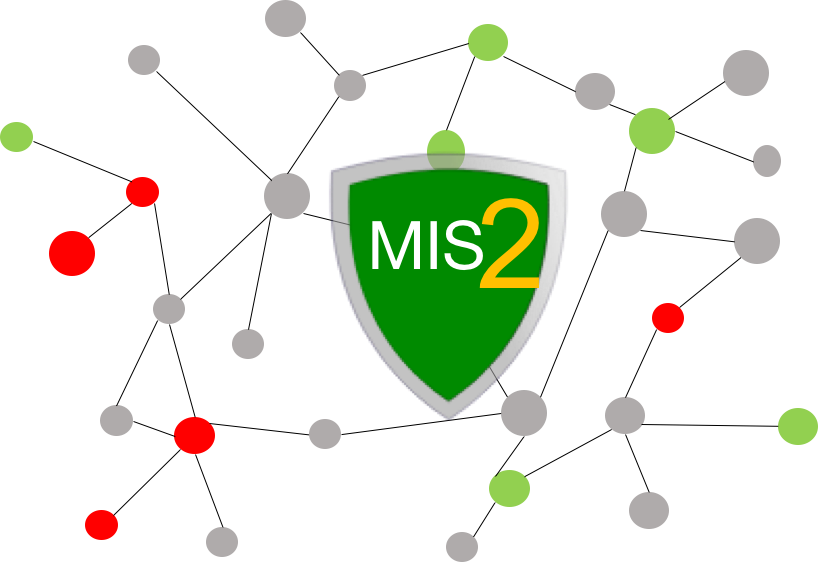
Updates
1. We have added reading material/resources with surveys and tutorials in misinformation/misbehavior area. See it below.
2. MIS2 2018 @ WSDM was a great success! Thanks to all the speakers and attendees who made it happen!
Here's a group picture we took (alas, after several people had left):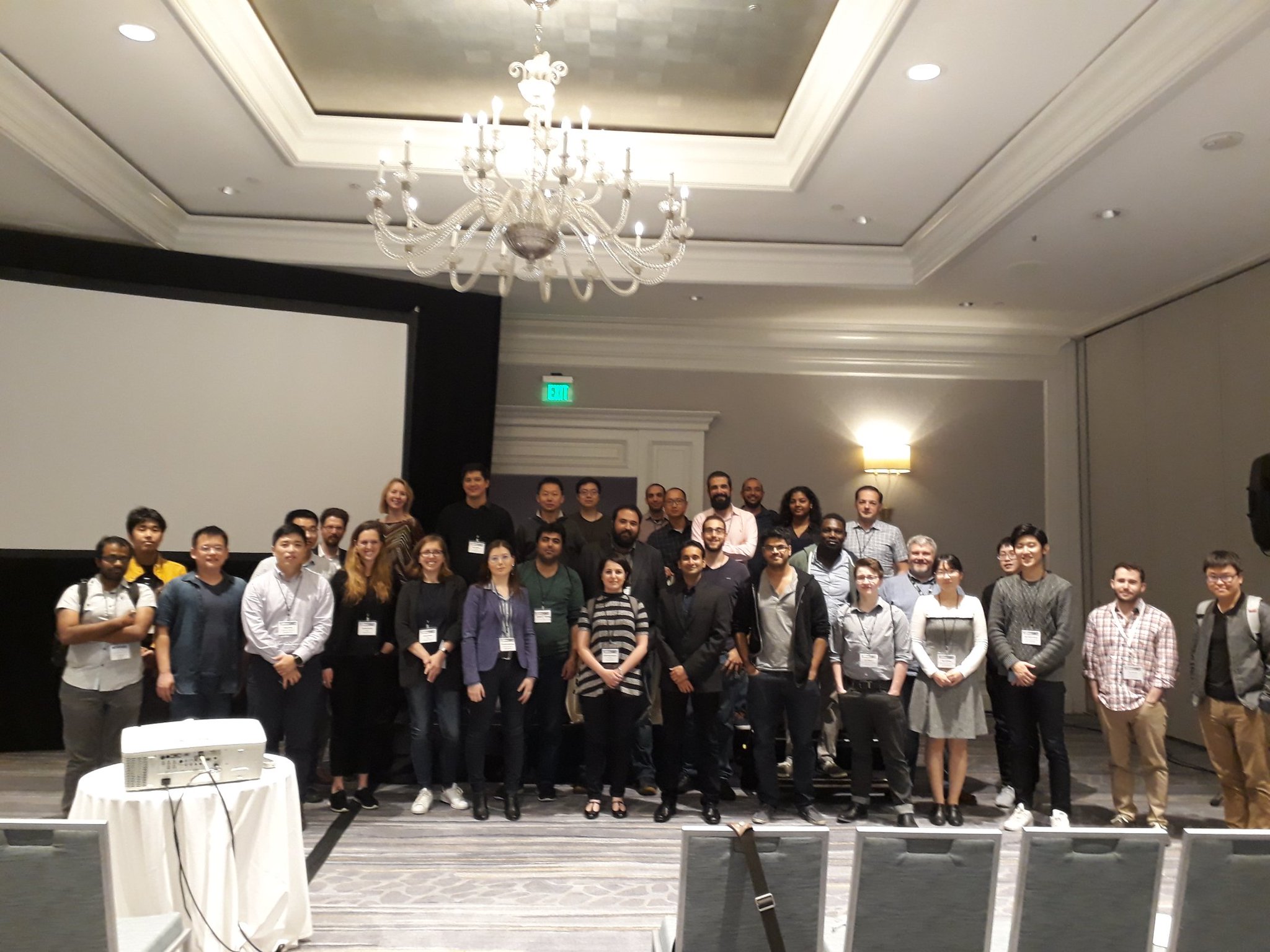
About
Web is a space for all where people interact with each other and anyone can read, publish, and share content. While this has led to several groundbreaking benefits, it is also a breeding ground for misbehavior and misinformation. Anyone can reach thousands of people on the web instantaneously, say whatever they want, whenever they want, and yet be shielded by anonymity. This has led to increase of misbehavior and misinformation, such as harrassment, scams, spread of propaganda, hate speech, fake reviews, and many more. Study of this topic has become important among researchers across many subfields of the computational and social sciences, such as social network analysis, cybersecurity, human–computer interaction, communications, linguistics, natural language processing, social psychology, sociology, political science, journalism, and cognitive science.
MIS2 is an interdisciplinary venue that invites researchers and practitioners who work on studying misbehavior and misinformation on the web. Web includes: social media, e-commerce platforms, collaborative and knowledge-based platforms (e.g., wikis and question-answer platforms like Quora, StackOverflow, etc.), computer mediated communications, both p2p (e.g., email, text chat, video chat, etc.) and broadcasting (e.g., notice boards, discussion boards, video broadcasts), online gaming platforms, online transactions platforms (e.g., credit card, cryptocurrency, etc.), crowdsourcing platforms, and many more types of platforms.
Areas of interest include, but are not limited to:
- misbehavior and threat on the web, such as spam, trolling, scam, fraud, bots, coordinated attacks, cyberbullying, sockpuppets, propaganda, extremism, hate speech, flashing, and others.
- false information on the web: fake reviews, fake news, rumors, fabricated images, videos, and others.
Topics of interest include, but are not limited to:
- empirical characterization of false information
- measuring real world and online impact
- deception in misinformation and misbehavior
- reputation manipulation
- measuring economic, ideological, and other rationale behind creation
- rationale behind spread and success
- targets or victims of misbehavior and misinformation
- effect of echo chambers, personalization, confirmation bias, and other socio-psychological and technological phenomenon
- detection methods using graphs, text, behavior, image, video, and audio analysis
- adversarial analysis of misbehavior and misinformation
- prevention and mitigation techniques, tools, and countermeasures
- theoretical and/or empirical modeling of spread
- visualizing spread
- anonymity, security, and privacy aspects of data collection
- usable security in misbehavior detection
- ethics, privacy, fairness, and biases in current tools and techniques
- case studies
Papers should be 2 to 8 pages long, will be published only on the workshop webpage, and will not be considered archival for resubmission purposes to future venues. Authors whose papers are accepted to the workshop will have the opportunity to present their research in oral presentation and participate in a poster session.
We explicitly encourage the submission of preliminary work in the form of extended abstracts (2 pages).
Best Paper Awards: Best paper awards will be given to highest quality papers submitted to the workshop. The organizers thanks CreditX for sponsoring the award.
Submission Instructions [Closed]
All papers will be peer reviewed.
We encourage submissions of the following types, but not limited to:
- Novel research papers
- Demo papers
- Survey papers
- Comparison papers of existing methods and tools
- Work-in-progress papers
- Extended abstracts
- Relevant work that has been previously published
- Work that will be presented at the main conference of WSDM 2018
Submission dates: See below.
Format: Papers must be submitted in PDF according to the new ACM format published in ACM guidelines, selecting the generic "sigconf" sample. Submissions should be 2 to 8 pages long. No need to anonymize your submission.
Submission Link [Closed]: Papers should be submitted via the EasyChair: https://easychair.org/conferences/?conf=mis2
Keynote speakers
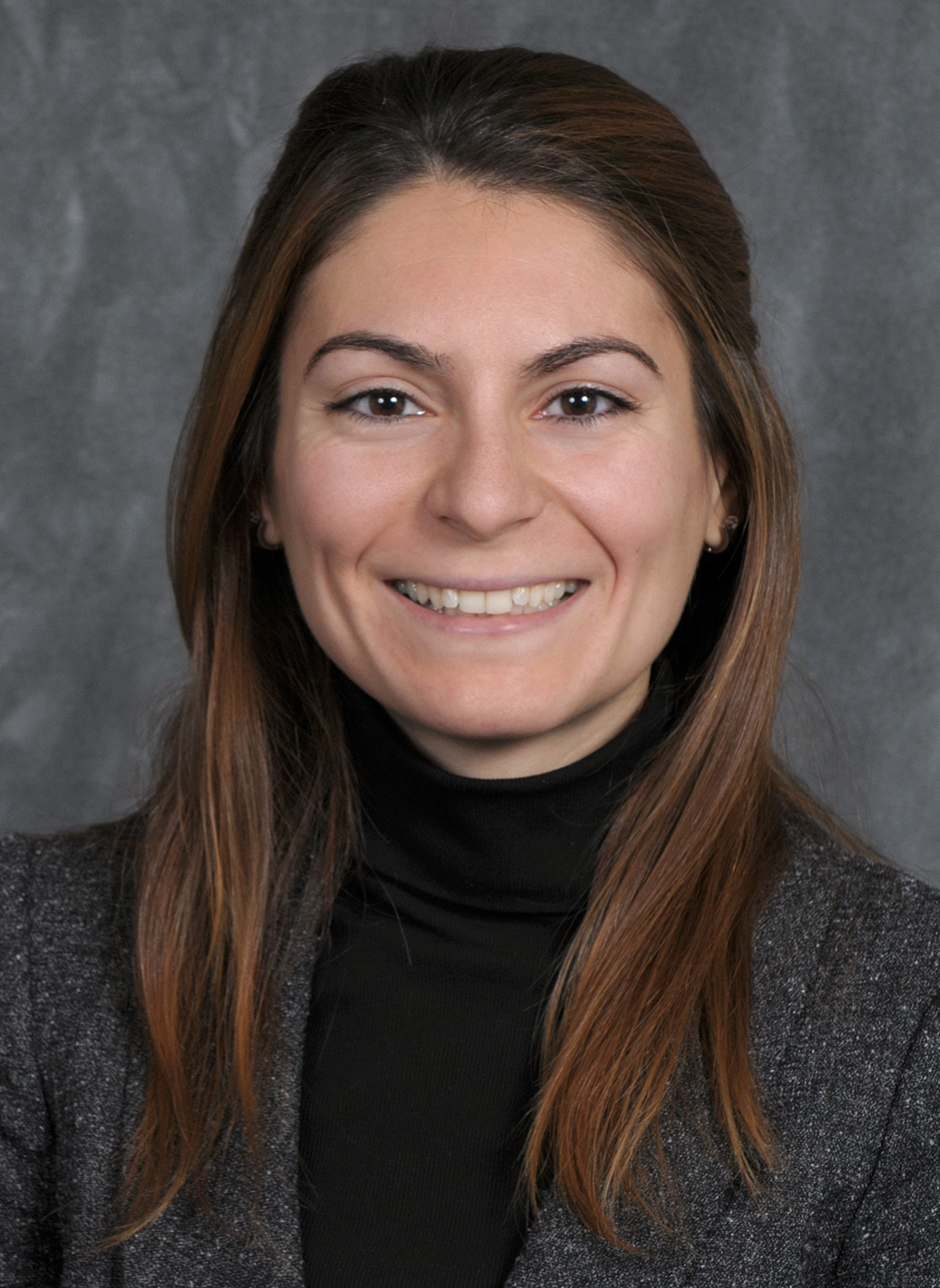 |
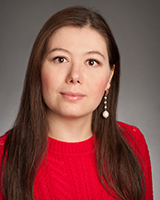 |
 |
| Prof. Leman Akoglu | Prof. Francesca Spezzano | Dr. Justin Cheng |
| Professor, Information Systems | Professor, Computer Science | Data Scientist |
| Carnegie Mellon University | Boise State University | Facebook Research |
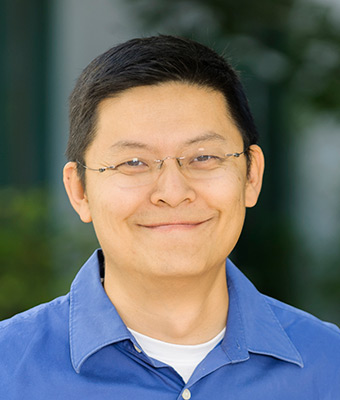 |
 |
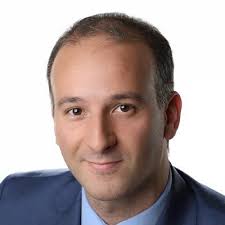 |
| Prof. Ben Zhao | Prof. Jeff Hancock | Prof. Emilio Ferrara |
| Professor, Computer Science | Professor, Communications | Professor, Computer Science |
| University of Chicago | Stanford University | University of Southern California |
 |
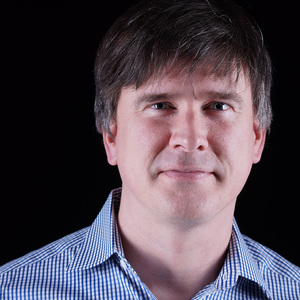 |
|
| Dr. Mingjie Zhu | Chad DePue | |
| Founder | Director of Engineering | |
| CreditX | Snap Inc. |
Key Dates
Paper submission deadline (all types): November 27, 2017
Author Notification: December 14, 2017
Camera Ready Due: January 1, 2018
Workshop date: February 9, 2018
Schedule
| Time | Speaker/Paper |
| 0900-0930 | Keynote: Prof. Ben Zhao: Living in a Machine-Altered Reality |
| 0930-1000 | Keynote: Prof. Emilio Ferarra: Social bots and political elections |
| 1000-1030 | Poster session during coffee break |
| 1030-1100 | Keynote: Dr. Justin Cheng: Antisocial Computing: Explaining, Predicting, and Mediating Online Negative Behavior |
| 1100-1110 | Long Paper #2: Unsupervised Content-Based Identification of Fake News Articles with Tensor Decomposition Ensembles. |
| 1110-1120 | Long Paper #17: Credibility Assessment in the News: Do we need to read? |
| 1120-1130 | Long Paper #14: "Like Sheep Among Wolves": Characterizing Hateful Users on Twitter |
| 1130-1140 | Long Paper #11: Forex trading and Twitter: spam, bots, and reputation manipulation |
| 1140-1145 | Short Paper #21: Examining trolls and polarization with a retweet network |
| 1145-1150 | Short Paper #23: Measuring the Impact of ISIS Social Media Strategy |
| 1150-1200 | Invited talk: Combating Crowdsourced Review Manipulators: A Neighborhood-Based Approach. |
| 1210-1330 | Lunch break |
| 1330-1400 | Keynote: Dr. Mingjie Zhu:The next Battlefield: data mining for in finance in China. |
| 1400-1430 | Keynote: Prof. Leman Akoglu: Opinion Spam Detection: A Story of Networks, Meta-data and an Oracle |
| 1430-1440 | Long Paper #26: Behavior Language Processing with Graph based Feature Generation for Fraud Detection in Online Lending |
| 1440-1450 | Long Paper #22: Detecting Employee Misconduct and Malfeasance |
| 1450-1455 | Short Paper #27: Q&A Feature Extracting Framework for Online-Lending Collection Risk Modeling with X-Encoder |
| 1455-1500 | Short Paper #24: Fast Asynchronous Anti-TrustRank for Web Spam Detection |
| 1500-1530 | Poster session during coffee break |
| 1530-1600 | Keynote: Mr. Chad DePue: A Holistic Approach to Identifying and Classifying Malicious Actors on Snapchat |
| 1600-1630 | Keynote: Prof. Francesca Spezzano: Multilingual Page Protection in Wikipedia |
| 1630-1635 | Short Paper #20: Using Rhetorical Structure Theory for Detection of Fake Online Reviews |
| 1635-1645 | Long Paper #12: Detecting misbehavior in commenting platforms |
| 1645-1655 | Invited talk: REV2: Fraudulent User Prediction in Rating Platforms. |
| 1655-1705 | Invited talk: Leveraging the Crowd to Detect and Reduce the Spread of Fake News and Misinformation. |
| 1705-1715 | Invited talk: Identifying Fake News: Characterizing Social Media Messages by How They Propagate |
| 1715-1720 | Closing and best paper award presentation. |
| 1730-1800 | Final poster session |
Accepted Papers
-
Unsupervised Content-Based Identification of Fake News Articles with Tensor Decomposition Ensembles. [PDF]
Seyedmehdi Hosseinimotlagh and Evangelos Papalexakis.
BEST PAPER AWARD
-
Forex trading and Twitter: spam, bots, and reputation manipulation. [PDF]
Igor Mozetič, Peter Gabrovsek and Petra Kralj Novak.
-
Detecting misbehavior in commenting platforms. [PDF]
Tai Ching Li, Joobin Gharibshah, Evangelos Papalexakis and Michalis Faloutsos.
-
"Like Sheep Among Wolves": Characterizing Hateful Users on Twitter. [PDF]
Manoel Horta Ribeiro, Pedro H. Calais, Yuri A. Santos, Virgílio A. F. Almeida and Wagner Meira Jr.
-
Credibility Assessment in the News: Do we need to read? [PDF]
Natalie Fitch, Nathan Knauf, James Fairbanks and Erica Briscoe.
-
Detecting Employee Misconduct and Malfeasance. [PDF]
George Valkanas, Panagiotis Ipeirotis and Foster Provost.
-
Behavior Language Processing with Graph based Feature Generation for Fraud Detection in Online Lending. [PDF]
Wei Min, Zhengyang Tang, Min Zhu, Yuxi Dai, Yan Wei and Ruinan Zhang.
-
Using Rhetorical Structure Theory for Detection of Fake Online Reviews. [PDF]
Olu Popoola.
-
Examining trolls and polarization with a retweet network. [PDF]
Leo Stewart, Ahmer Arif and Kate Starbird.
-
Measuring the Impact of ISIS Social Media Strategy. [PDF]
Majid Alfifi, Parisa Kaghazgaran, James Caverlee and Fred Morstatter.
-
Fast Asynchronous Anti-TrustRank for Web Spam Detection. [PDF]
Joyce Whang, Yeon Seong Jeong, Inderjit Dhillon, Seonggoo Kang and Jungmin Lee.
-
Q&A Feature Extracting Framework for Online-Lending Collection Risk Modeling with X-Encoder. [PDF]
Songtao Jiang, Wei Min and Qiang Gao.
-
Misplacing Trust in Bitcoin Information Sources. [PDF]
Barney Craggs and Awais Rashid.
-
SybilFuse: Combining Local Attributes with Global Structure to Perform Robust Sybil Detection. [PDF]
Peng Gao, Binghui Wang, Neil Zhenqiang Gong, Sanjeev R. Kulkarni and Prateek Mittal.
-
Towards Automated Contextualization of News Articles. [PDF]
Stephan C. Escher, Jan L. Reubold, Richard Kwasnicki, Joachim Scharloth, Lutz M. Hagen and Thorsten Strufe. -
Rev2: Fraudulent User Prediction in Rating Platforms [PDF]
Srijan Kumar, Bryan Hooi, Disha Makhija, Mohit Kumar, Christos Faloutsos, V.S. Subrahmanian
-
Combating Crowdsourced Review Manipulators: A Neighborhood-Based Approach [PDF]
Parisa Kaghazgaran, James Caverlee, Anna Squicciarini.
-
Leveraging the Crowd to Detect and Reduce the Spread of Fake News and Misinformation [PDF]
Jooyeon Kim, Behzad Tabibian, Alice Oh, Bernhard Schoelkopf, Manuel Gomez-Rodriguez
-
Tracing Fake-News Footprints: Characterizing Social Media Messages by How They Propagate [PDF]
Liang Wu and Huan Liu.
- False Information on Web and Social Media: A Survey, by S. Kumar, N. Shah. Focus: fake reviews, fake news, rumors, hoaxes.
- Suspicious Behavior Detection: Current Trends and Future Directions, by M. Jiang, P. Cui, C. Faloutsos. Focus: malicious actors.
- Fake news detection on social media: A data mining perspective, by K. Shu, S. Wang, A. Sliva, J. Tang, and H. Liu. Focus: fake news.
- Detection and Resolution of Rumours in Social Media: A Survey, by A. Zubiaga, A. Aker, K. Bontcheva, M. Liakata, R. Procter. Focus: rumors.
- Malicious Behavior on the Web: Characterization and Detection, WWW 2017. Tutorial Link
- Data-Driven Approaches towards Malicious Behavior Modeling, KDD 2017. Tutorial Link
- Mining Misinformation in Social Media: Understanding Its Rampant Spread, Harm, and Intervention, ICDM 2017. Tutorial Link
Invited Papers from WSDM 2018
Resources (Reading material)
Survey papers:
Tutorials:
Organizers
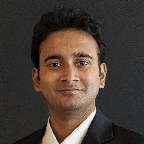 |
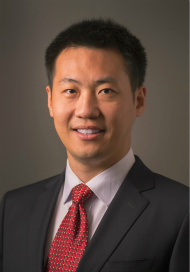 |
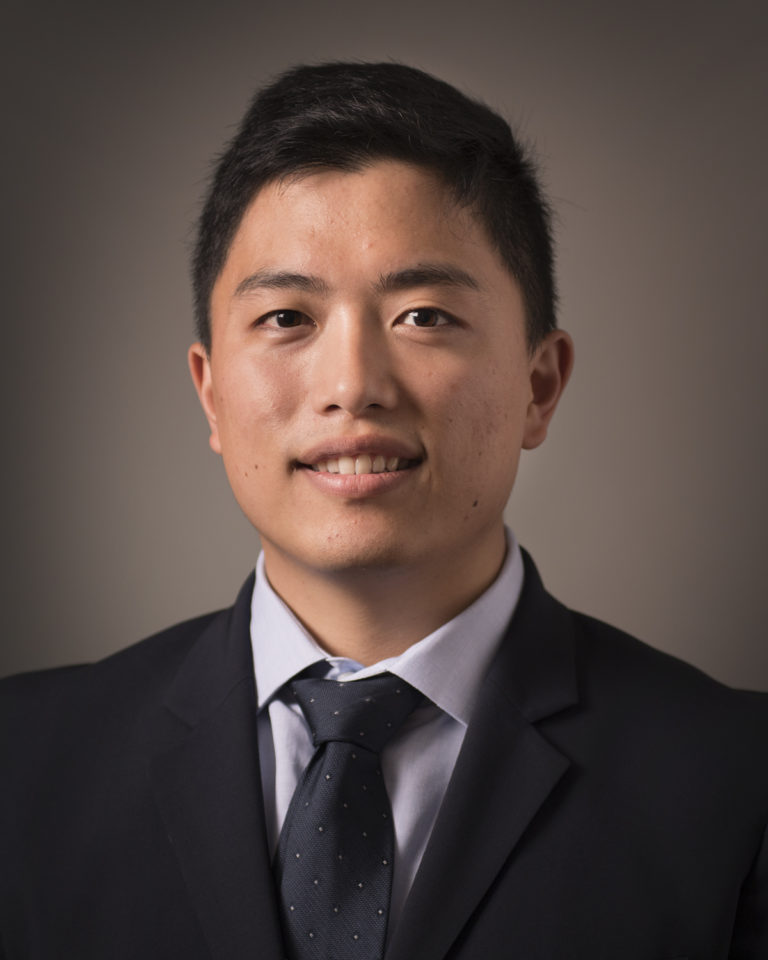 |
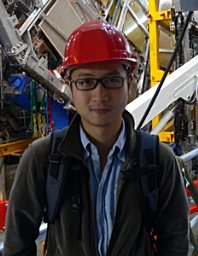 |
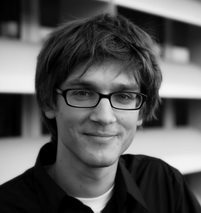 |
| Srijan Kumar | Meng Jiang | Taeho Jung | Roger Luo | Jure Leskovec |
| Postdoc Researcher | Assistant Professor | Assistant Professor | Research & Engineering Manager | Associate Professor |
| Stanford University | University of Notre Dame | University of Notre Dame | Snap Inc. | Stanford University |
Contact
Please direct all questions to srijan@cs.stanford.edu